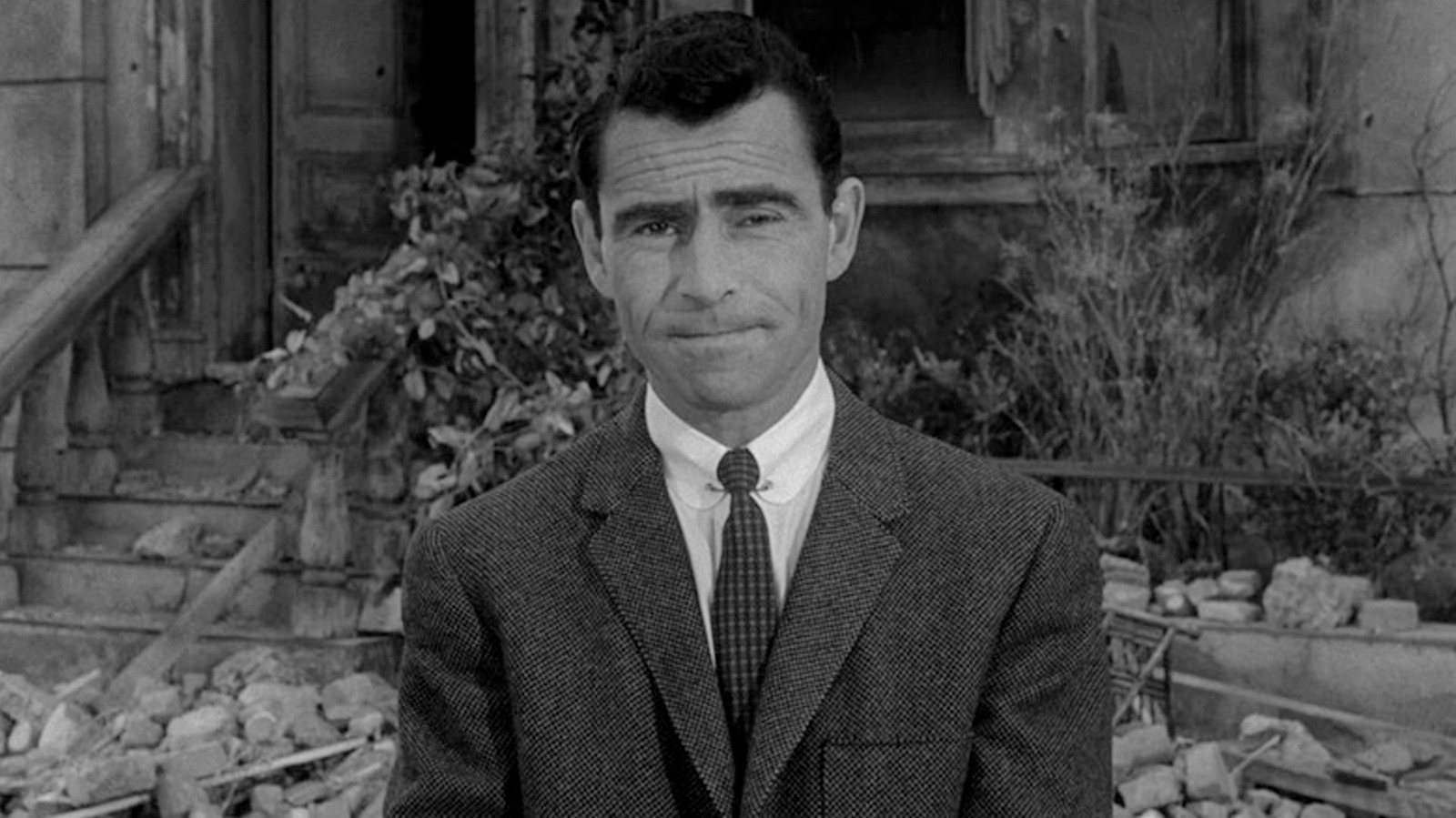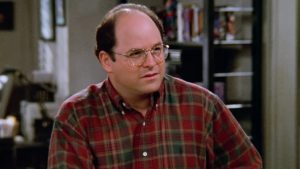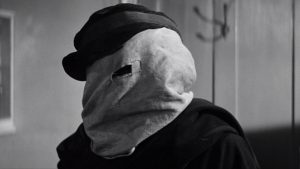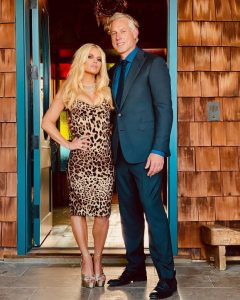
Why The Twilight Zone Is Not A Sci-Fi Series, According To Rod Serling
The original run of “The Twilight Zone,” which aired from October 1959 to June 1964, has left an indelible mark that continues to resonate today. At the helm was creator Rod Serling, who crafted an anthology series defined by its short yet impactful episodes, each culminating in a twist that challenged viewers’ perceptions. The show’s essence lies in the enigmatic nature of the Twilight Zone itself—a space where the bizarre intertwines with the ordinary, luring unsuspecting viewers into a web of the macabre.
While many episodes serve as unconventional fables warning against consumerism or hubris, others delve into the realm of thought-provoking scenarios that compel viewers to ponder the question, “What if?” Despite the prevailing perception of the series as science fiction, the reality is more nuanced. The common thread throughout the series, however, is its exploration of the surreal, which undeniably connects to the sci-fi genre.
Consider episodes like “The After Hours,” which examines the complexities of human identity, or the pilot episode “Where Is Everybody?”, a poignant commentary on isolation. Each story adds layers of depth, leading to unique interpretations, such as the reflective “Walking Distance,” which offers insights into Serling’s personal life, or the misguided narrative of “Mr. Dingle, The Strong,” showcasing an alien-centric plot that misses the mark.
Interestingly, Rod Serling challenged the notion that “The Twilight Zone” fit neatly within the science fiction category. In a conversation with a publication, he made it clear: “This is not science fiction; this is sheer fantasy we’re doing.”
Serling’s journey to launch “The Twilight Zone” was not without its hurdles. In interviews, he revealed the uphill battle to market the series as a fantasy anthology amidst an era when such themes were largely overlooked by network television. “I tried to sell this idea three years ago and I was booted out,” he recounted, highlighting that “fantasy used to be a dirty word in TV.”
His distinct view on the genres is illustrated in the season 3 episode “The Fugitive,” where he draws a line between sci-fi and fantasy. He describes science fiction as “the improbable made possible,” while fantasy represents “the impossible made probable.” This merging of genres creates a unique tapestry that defines the series, as he acknowledges its complexity: “It’s difficult to give a genetic classification, a single definition of the series. I guess you can say it’s stories of imagination.”
While labeling “The Twilight Zone” can be a challenge, its primary goal has always been to push boundaries and defy expectations. Whether viewed as speculative fiction or something more, the series stands as a testament to extraordinary storytelling that continues to ignite imaginations.




